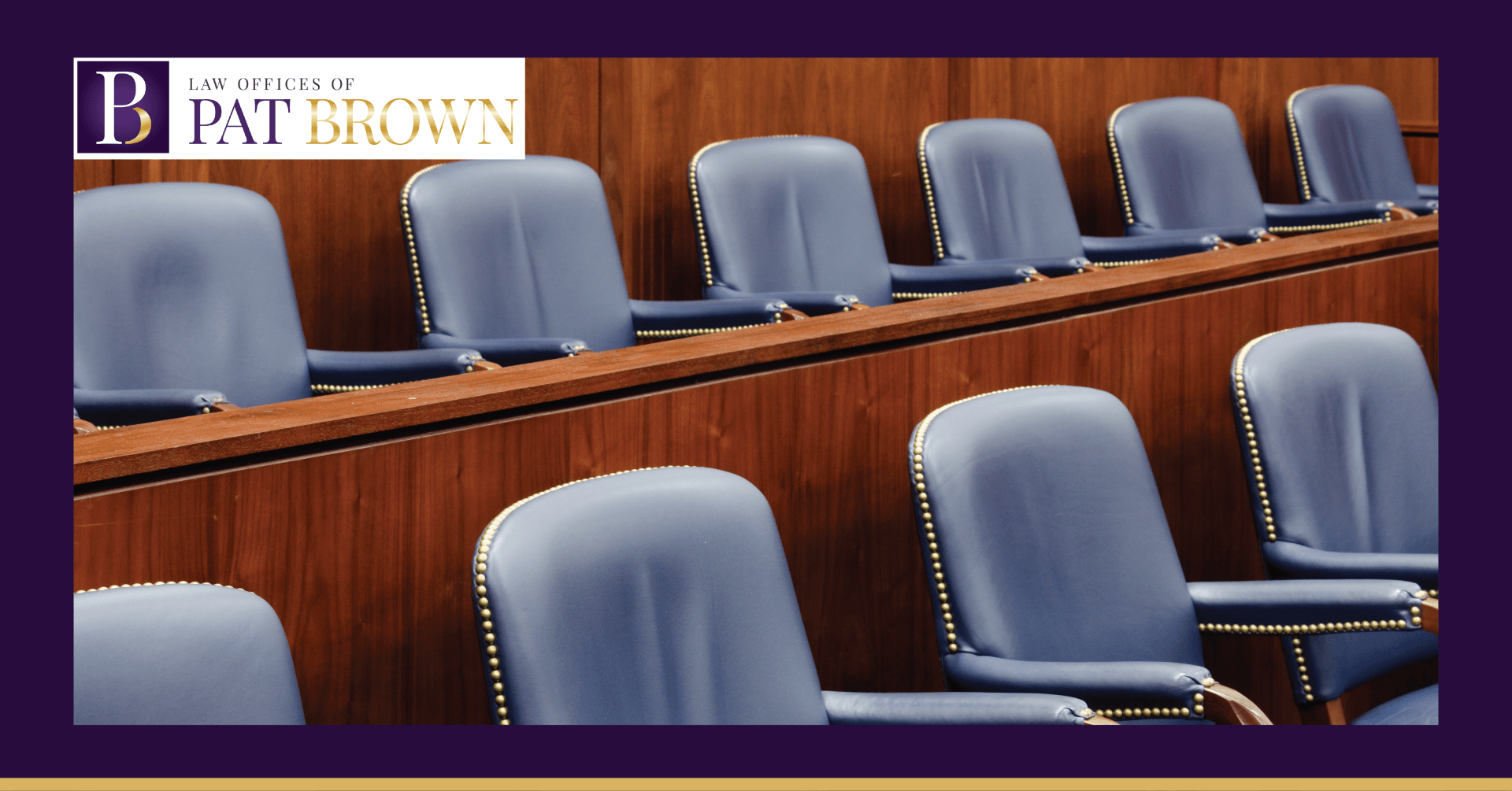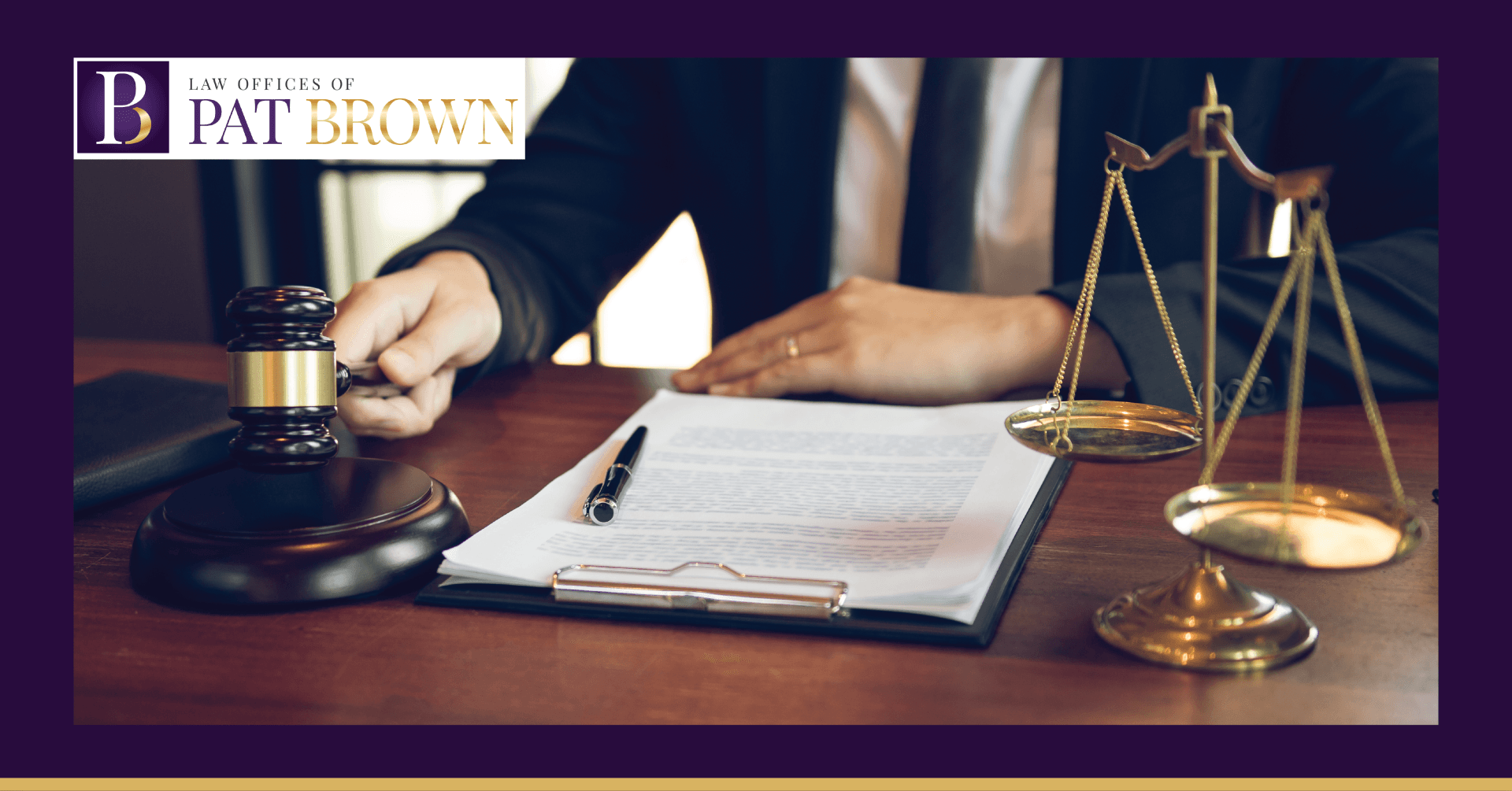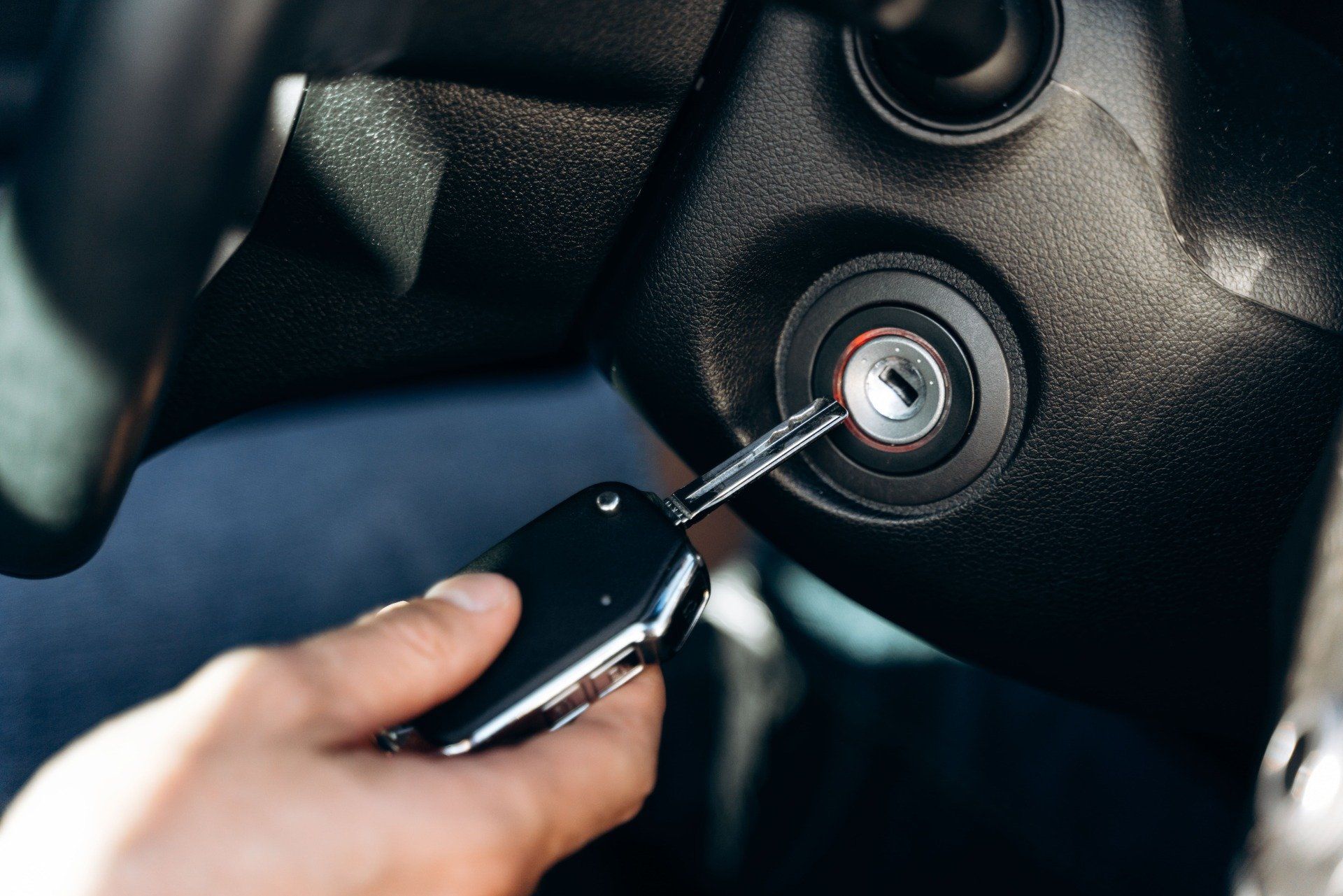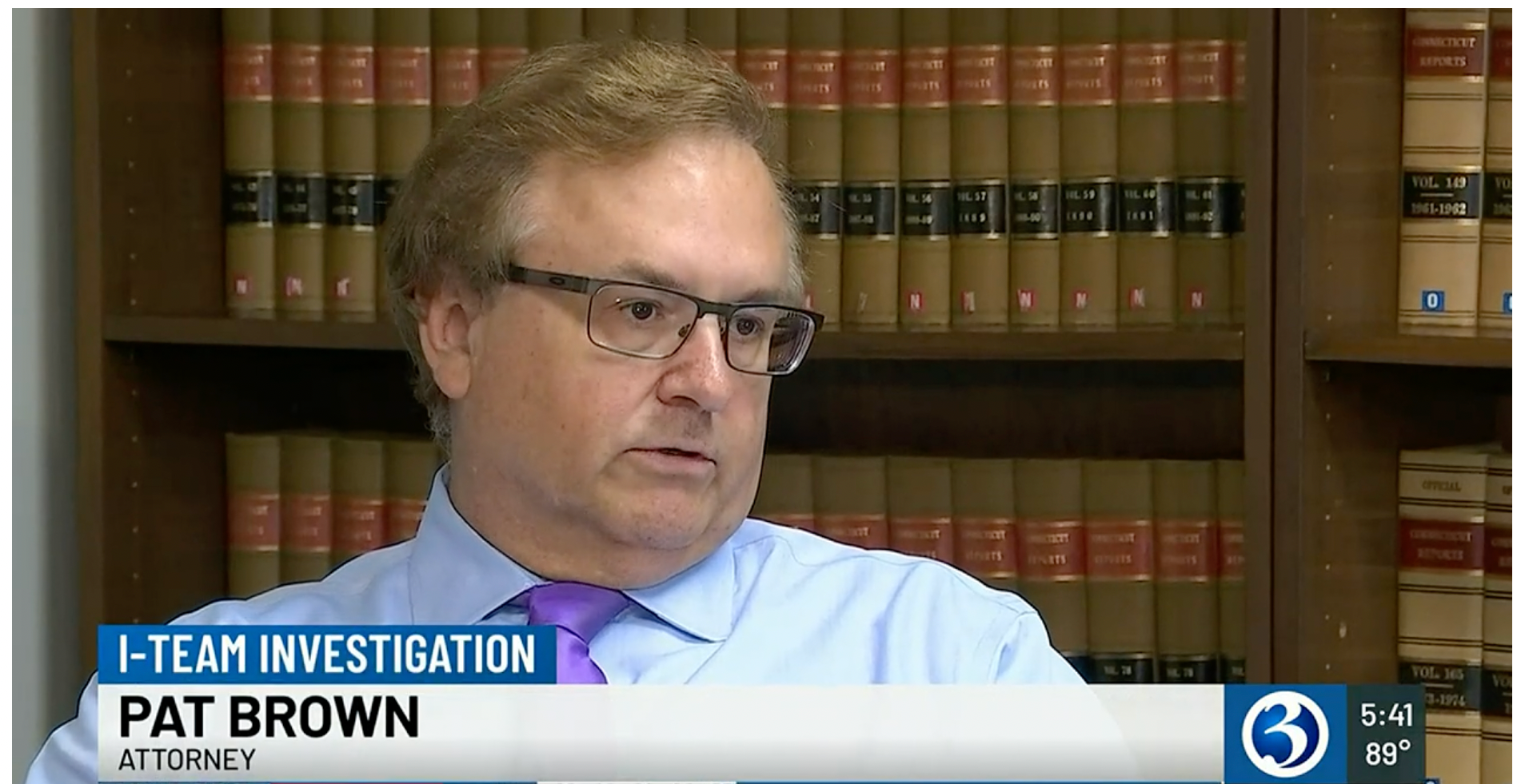Understanding the Two Types of Bargains: What Every Smart Shopper (and Legal Client) Should Know
When navigating contracts, settlements, or even everyday agreements, it's important to understand one simple but powerful concept: the bargain. At Law Offices of Pat Brown, we see the principles of bargaining play out every day—not just in courtrooms, but in business deals and personal decisions alike. Understanding the two core types of bargains—exchange bargains and gift bargains—can give you a strategic edge whether you're negotiating terms or safeguarding your rights.
1. The Exchange Bargain: A Clear Transaction
An exchange bargain is the most straightforward type of deal. It's what most people imagine when they think of a contract: you give something and receive something of equivalent value in return. This kind of bargain is legally binding, precise, and typically written out in contracts or agreements.
Examples include:
At Law Offices of Pat Brown, we structure exchange bargains to ensure clarity and fairness for our clients. Whether you're drafting a business contract or negotiating a settlement, we help make sure the terms reflect your interests and protect your rights.
2. The Gift Bargain: Building Trust
Unlike the transactional nature of exchange bargains, a gift bargain centers on giving without the expectation of immediate return. This type of bargain builds goodwill, fosters long-term relationships, and can sometimes carry implicit expectations rather than explicit ones.
Examples include:
At Law Offices of Pat Brown, we believe in the power of trust. Our willingness to support clients—even before a formal agreement is signed—sets the foundation for relationships that last beyond a single case.
Knowing When Each Bargain Applies
Understanding the difference between these two types of bargains can transform how you approach both personal and professional matters. Exchange bargains offer security and enforceability, while gift bargains create connection and goodwill. Smart legal strategy often involves using both types at the right time.
Law Offices of Pat Brown is committed to helping our clients recognize the legal and strategic implications of their agreements. We provide counsel that not only ensures fairness but also strengthens your position in the long run.
Let’s Bargain the Right Way—Together
Whether you’re reviewing a business contract or seeking legal guidance for a family matter, knowing the type of bargain you’re entering can make all the difference. At Law Offices of Pat Brown, we’re here to make sure every deal you make is informed, fair, and future-focused.
Ready to negotiate with confidence? Contact Law Offices of Pat Brown today and let’s talk about how we can protect your interests—no matter what kind of bargain you’re facing.














